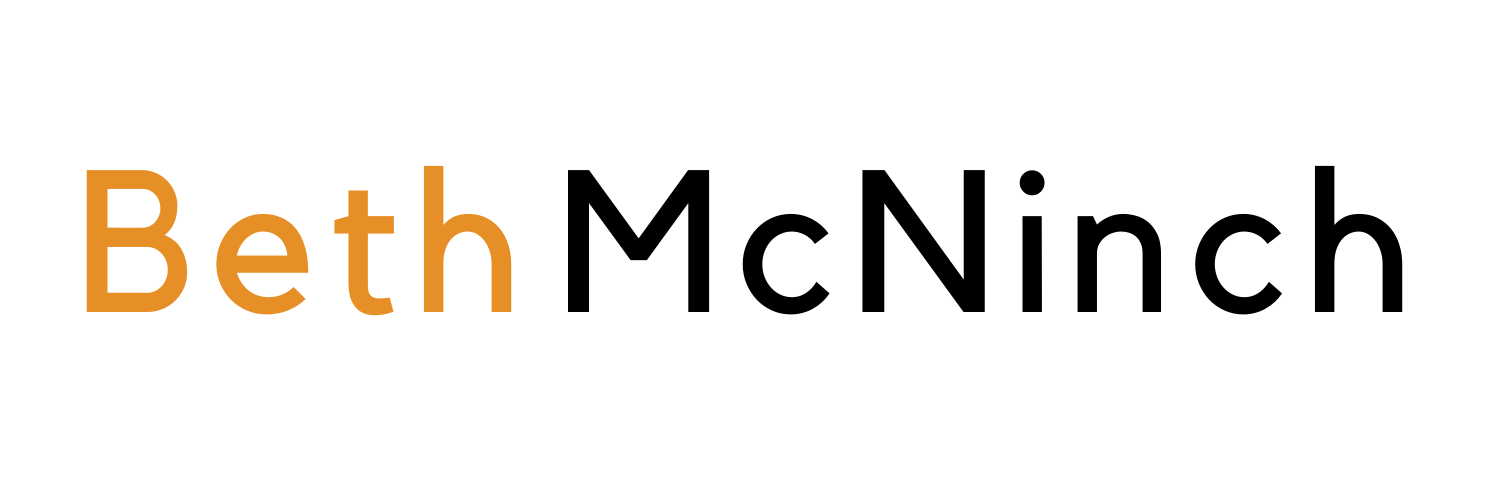Chronically Hopeful
Chronically Hopeful – A Life-Changing First
The idea for Chronically Hopeful came to me during a time when I was watching someone I care about go through an incredibly difficult period. My dear friend and colleague, violinist Jane Hackett, had experienced a devastating year of misdiagnoses. It wasn’t until much later that she received the correct diagnosis of Functional Neurological Disorder (FND), something that has since reshaped every part of her life.
As a friend, it was painful to watch. As a fellow artist, I kept thinking about how isolating and frustrating it must be to want to contribute creatively, to be part of something, but not have the energy or stability to do so in the usual ways. I started looking for ways to involve Jane in projects that didn’t push her to her limit. I wanted to find a space where she could still feel seen and valued as the incredible musician she is.
At the same time, I was reflecting on my own experience. I’ve lived with chronic illness since my twenties. I’ve spent years trying to keep it hidden, especially as a freelancer in the arts. You learn to push through, to perform the role of someone who is “fine,” because there’s so much fear around being seen as unreliable. But I’ve come to realise that being honest about your needs—about when you need rest, about when you’re not okay—makes things easier for everyone. It removes the pressure. It invites others to meet you where you are, rather than where you’re pretending to be.
That honesty is what led to Chronically Hopeful.
It began as a simple idea: could we create a performance that centred lived experience of chronic illness and unseen disability? Could we build something from the ground up that prioritised care, rest, flexibility, and real human connection? Could we stop pretending, and make something honest?
In a moment of boldness (and possibly madness), I also decided to direct the piece. It was my first time directing a stage production. I was absolutely terrified. But I also knew I needed to hold this one close. It was too personal to hand over to someone else.
I brought together an extraordinary team of women- dancers, musicians, a writer, an actor -many of whom live with chronic illness or neurodivergence themselves. From the first moment we were in a room together, I knew this was going to be different. There was a shared understanding, a sense of safety, and above all, a huge amount of empathy.
We worked gently. We listened. We stopped when someone needed a break. We used a therapy dog for extra support. We made sure everyone had what they needed, and if they didn’t, we adapted. There was no hierarchy, no ego, just trust and generosity.
What emerged from those rehearsals was something more powerful than I had imagined. The conversations we had shaped the text of the piece in ways I hadn’t expected. The stories people shared about their own conditions, their fears, their resilience, made their way into the fabric of the work. It wasn’t just about illness. It was about identity, creativity, hope, and connection.
Here’s the amazing team who brought Chronically Hopeful to life:
Creative Team
Director and Concept: Beth McNinch
Musicians: Jane Hackett, Ioana Petcu-Colan, Beth McNinch, Katie Tertell
Dancer: Safire Hikari
Writer: Trudie Gorman
Choreographer: Ali Clarke
Actor: Eleanor Walsh
Together, we created something that I believe really mattered. Not just the final performance, but the way we made it. It taught me that accessibility is not a buzzword or an afterthought. It is a foundation. It is a way of working that benefits everyone, whether they identify as disabled or not.
Since Chronically Hopeful, I’ve completely changed how I work at Musici Ireland. Accessibility is now built into every rehearsal, every plan, every conversation. And it has made the art better. More generous. More truthful. More alive.
This project changed me. I learned how powerful it is to give space to people’s full selves. I learned that directing isn’t about control—it’s about creating the conditions for trust and creativity to flourish. And I learned that hope, even in the face of uncertainty, is one of the most radical acts we can offer each other.
